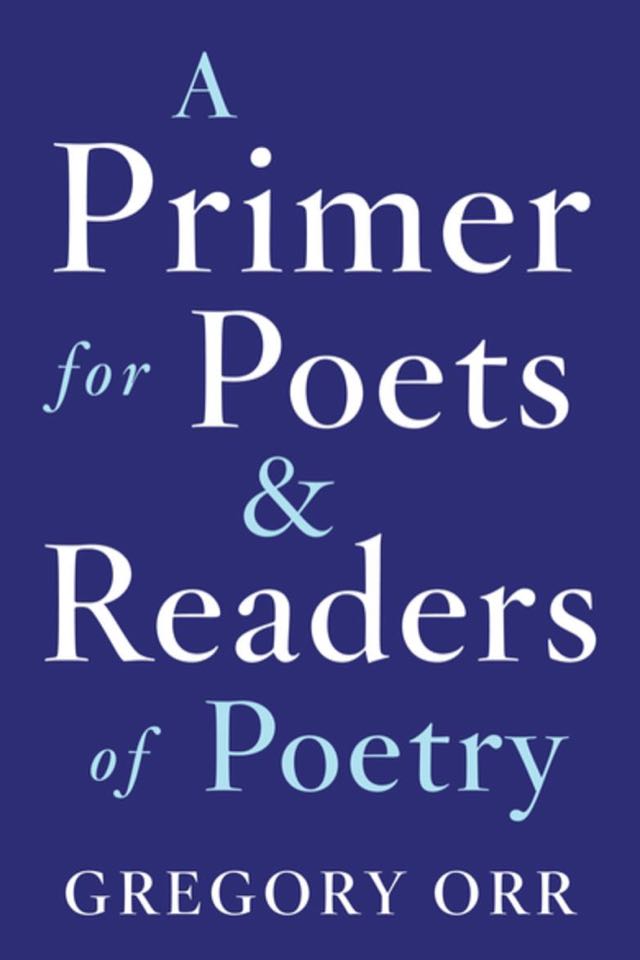A Primer for Poets and Readers of Poetry
— Nicholas Nichols
I ain’t did nothing in my life but stayed true.
Pimp my voice and mack these beats
— David Banner (Cadillacs on 22s)
If prose is a house, poetry is a man on fire running quite fast through it.
— Anne Carson
Anytime someone gets close to the poetry section—I’m a bookseller by the way—I perk up like a meerkat. I suddenly have the urge to fix the section right next to them, and then I ask “Do you need any help?” They ask, “Have any suggestions?” “How about some poetry?”, I say. They reply, “I don’t like poetry.” Then a small part breaks a little. “Why is that?”, I reply. The answer is usually the following: “I don’t get it,” “Poetry doesn’t make any sense,” “I feel dumb when I read and I don’t like to feel dumb.” All fair responses, but there’s a huge flaw in that argument I’d like to share with all of you…POETRY ISN’T HARD.

Are there poets who riddle a poem—yes. But, the poem isn’t necessarily meant to be understood, but rather experienced. Gregory Orr’s latest collection A Primer for Poets and Readers of Poetry intends to demystify the idea that poetry is this rubik’s cube of a genre. Orr with his vast knowledge of poetry—has published more than ten collections of poetry—brings the reader to the poem as if it’s a mirror and begs you to ask yourself what do you see?
Each chapter focuses on another aspect that makes the poem, but I’d like to focus on the first chapter Disorder and Order. Orr speaks about poetry touting the line between distinguished professor and your excited best-friend—able to explain everything in detail, but aware enough to break it down into small consumable bites. Here Orr reveals the poem to be a manifestation of the poets intent of turning the unsayable memory into the controlled story that speaks for itself. The poems speaks to us and it’s the poets job to teach it how to talk, but it’s the readers job to be open to what the poem has to say. Each poem is balancing between order and disorder because that’s how we all live our lives. We all hold memories, memories strong enough to pull us deep into a hole or pull us out of one. Orr then is kind enough to use his experience as a veteran educator and puts their ideas into practice. Each chapter includes a detailed prompt with step-by-step instructions implementing Orr’s ideas.
I had great difficulty reading poetry starting out, but with amazing teachers I learned I didn’t have to get everything the poem has to say at once, you get to grow with the poem. Orr has made a book where he is that teacher and is trying to tell us that poetry—a genre unburdened by the boundaries of our own memories and voice—is art that grows deeper meaning with us as we grow. Orr reveals and dismantles many preconceived notions of what poetry is. A Primer for Poets and Readers of Poetry is a must-have for anyone interested in the poetry or feelings. What better guide for this literary/personal journey than someone who’s been reader, poet, and critic.